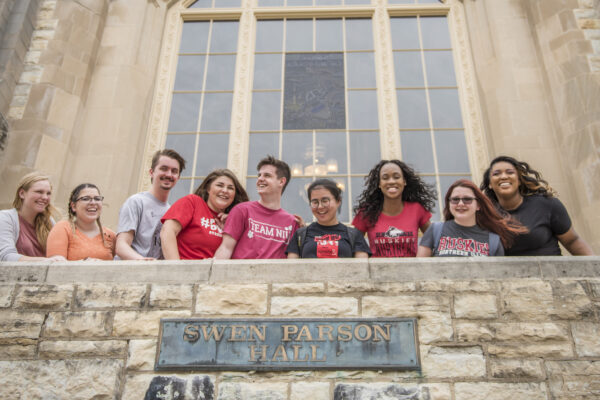Rethinking First-Generation Status
Title: First-Generation Status in Context, Part Three: the Complexities of Detailed Parental Education
Source: Common App
Authors: Brian Heseung Kim, Elyse Armstrong, Mark Freeman, Rodney Hughes, Trent Kajikawa, and Sarah Nolan
The Common App’s third research brief in its series on first-generation status explores the complexities of detailed parental education levels and their implications for applicants’ college readiness, socioeconomic status, and application behaviors. The report highlights the limitations of focusing on the binary classification of first-generation and continuing-generation status and argues for more granular examination of parental degree attainment.
The report reveals wide gaps within groups traditionally classified under the same generational status. For example, eligibility for Common App fee waivers—a proxy for low-income status—varies widely among continuing-generation students.
- In stark contrast to the 52.2 percent of students with a single parent who has earned a bachelor’s degree, only 4.1 percent of students with parents holding both a doctorate and a professional graduate degree qualify for fee waivers.
- Within the first-generation group, those whose parents did not attend college have a 66 percent fee waiver eligibility rate, considerably higher than the 44.5 percent eligibility rate of their peers with parents who attained an associate degree.
The report also indicates that looking solely at a student’s highest parental degree may not provide the most accurate picture, as there can be substantial variation within these groups based on the other parent’s degree.
Students with both parents holding a doctorate had an average scaled GPA of 0.98.
Students with one parent holding a doctorate and the other not attending college had an average scaled GPA of 0.91. The difference between these figures—0.07—is larger than the 0.06 difference observed between first-generation and continuing-generation students on average.
Furthermore, the authors find that the predictive power of a student’s detailed parental degree combination is equivalent to using their first-generation status, underrepresented racial/ethnic minority status, high school type, and fee waiver eligibility combined. This suggests that the information conveyed by parental degree combinations is as valuable as the other commonly used indicators for understanding a student’s college readiness.
The report also highlights the unique circumstances of students who report information about only one parent. These students are generally outliers when compared to their peers in the same highest parental degree group, reflecting research on the challenges single-parent households face. This suggests that programs and institutions may benefit from considering single-parent families as a separate indicator of socioeconomic status.
Common App’s brief encourages a more refined approach to defining and supporting first-generation students that embraces the complexity of students’ family backgrounds. A nuanced understanding is essential as higher education institutions strive to improve access and equity, ensuring that support and programming are tailored to their student populations’ characteristics and needs.
To read the full report click here.
—C. Emmanuel Wright
If you have any questions or comments about this blog post, please contact us.


